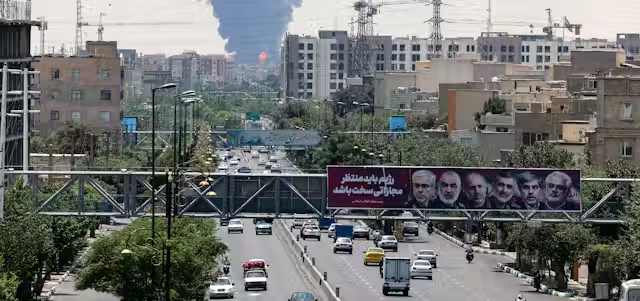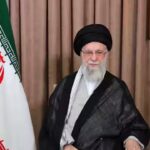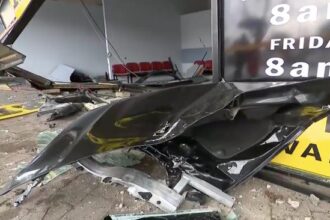Israel Launches Operation Rising Lion
On June 13, 2025, Israel launched Operation Rising Lion, marking a dramatic shift in its approach to halting Iran’s nuclear progress. At least 14 Iranian nuclear scientists—including Mohammad Mehdi Tehranchi and Fereydoun Abbasi-Davani—were killed, as Israel combined direct airstrikes on facilities with targeted eliminations of key personnel.
Disrupting Iran’s Nuclear Expertise
These assassinations aim to disrupt Iran’s scientific expertise, delaying any weaponisation. Many of those killed were successors to Mohsen Fakhrizadeh, the architect of Iran’s nuclear programme, killed in 2020—a mission widely linked to Israel.
A Legacy of Covert Targeting
Targeting nuclear scientists isn’t new. Since the 1940s, countries have used covert actions—kidnappings, threats, and killings—to slow nuclear advancements. But Israel’s recent strike is unprecedented in scale: multiple scientists were eliminated publicly, alongside visible infrastructure attacks, with Israel promptly acknowledging responsibility.
Historic Context and Global Trends
Historical data shows nearly 100 cases of scientist targeting from 1944 to 2025, primarily by the US, Israel, the UK, and the USSR. Iran, Egypt, and Iraq have been frequent targets.
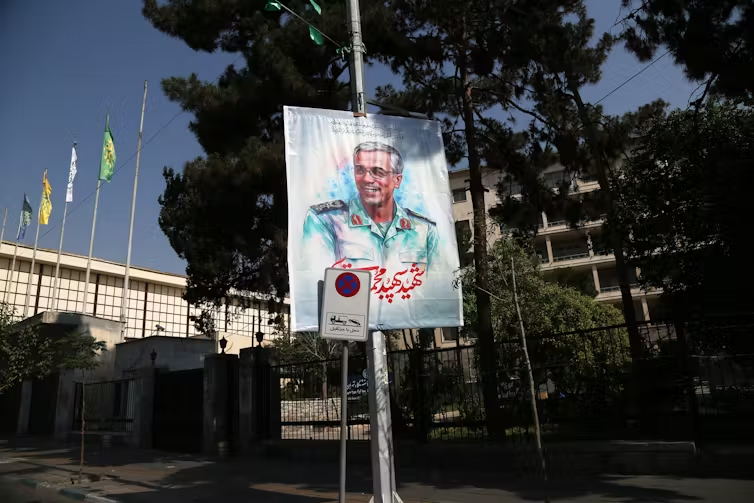
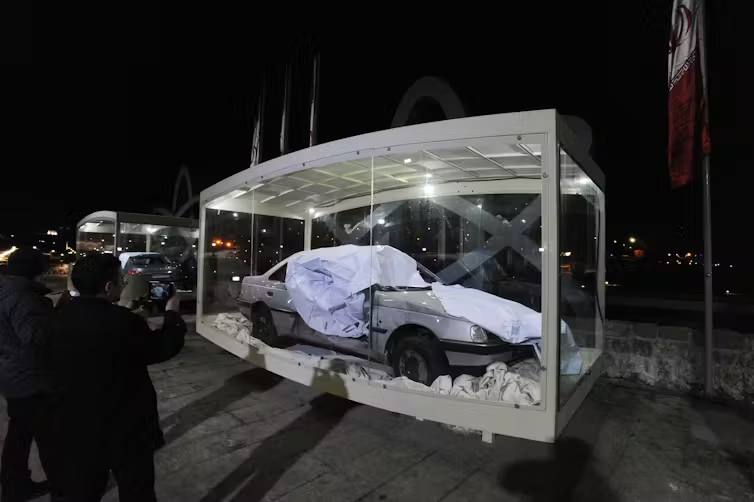
Unprecedented Open Assaults
Unlike discreet operations of the past—gunmen, bombs, or car bombs—Israel linked murders to large-scale military action. It simultaneously struck Iran’s Natanz and Isfahan facilities, military positions, and air defences. Israel’s rationale: eliminate nuclear expertise and degrade infrastructure to impair Iran’s weapon development. The IDF described the strikes as “a significant blow” to Iran’s WMD capabilities.
Strategic Impact and Ethical Dilemmas
Yet scholar analysis and case studies (e.g. WWII’s plot against Heisenberg, Operation Damocles) suggest that targeting scientists may delay but not destroy programs, often sparking national resolve and retaliation, and raising ethical and legal issues.
High-Tech Warfare: AI and Drones in Action
Israel’s overt campaign also leveraged advanced AI systems and drones to identify and strike targets within Iran, representing one of the most technologically sophisticated operations of its kind.
Effectiveness in Question
The effectiveness remains unclear. Iran is accelerating enrichment—spinning centrifuges faster, upping capacity beyond 60%—and the IAEA considers the programme no longer “exclusively peaceful.”
Counter-Proliferation in Context
Historically, targeting scientists has been part of broader counter-proliferation tools—sanctions, diplomacy, cyberattacks, military force. Alone, it’s insufficient, but when combined, it can delay nuclear progress and signal global resolve.
Lingering Questions and Legal Implications
Key open questions linger: how many scientists remain in Iran, how resilient is their programme, and what is the global legal consensus on this emerging form of warfare? Meanwhile, Israel’s open admissions mark a shift toward normalising such tactics in international conflict.


